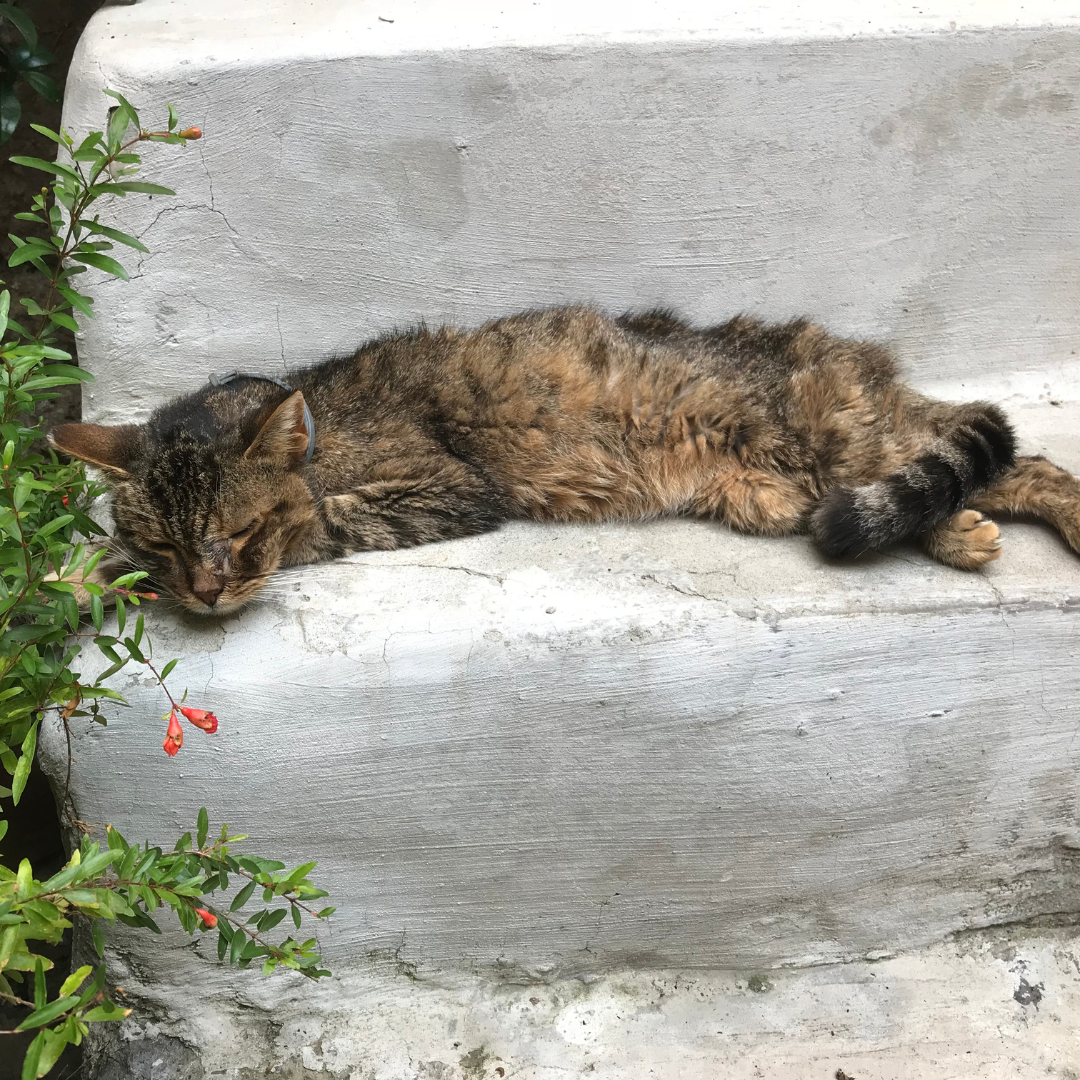
Cat Gastropathy: Symptoms, Causes, Effects, and Treatment
Gastropathy, also known as stomach inflammation, is a common health issue in cats. It can occur in two main forms: acute and chronic.
Acute gastritis comes on suddenly and lasts for a short time, while chronic gastritis develops and persists for a longer period of time1.
Symptoms
The most common symptoms of cat gastropathy include12:
- Vomiting: This can start suddenly, and you may find food, bile (yellow or green fluid made in the cat’s liver), froth, and blood in the vomit1.
- Decreased appetite or anorexia2.
- Lethargy or depression2.
- Increased thirst2.
- Abdominal pain2.
- Blood in the vomit or feces2.
- Dehydration2.
Causes
There can be many different causes for gastritis in cats12:
- Dietary indiscretion: Your cat may have eaten something they shouldn’t have, such as foreign objects like glass, string, metal, grass, bones, or plastic. They may have also eaten spoiled or contaminated food1.
- Drug or toxin ingestion: A cat may have swallowed drugs or toxins in the form of antibiotics, NSAIDs, corticosteroids, or chemicals1.
- Systemic illness: Sometimes, your cat’s gastritis may be caused by other conditions in the body, like neoplasia (including cancer-like lymphoma), diabetes, kidney disease, irritable bowel disease (IBD), pancreatitis, hypoadrenocorticism, or uremic gastropathy1.
- Parasites and viruses: Your cat may have a parasite or a virus1.
- Stomach ulcers and tumors: Stomach ulcers in cats can cause gastritis, as can tumors in the stomach1.
Effects
If left untreated, gastritis can lead to severe vomiting and diarrhea, sometimes with blood, leading to decreased appetite, dehydration, and an electrolyte imbalance3.
Chronic gastritis can also lead to weight loss and a general decline in your cat’s health1.
Treatment
Treatment for cat gastropathy is based on the underlying cause or condition12.
Your vet will physically examine your cat and review their medical history before deciding on a course of treatment1.
An initial round of tests including x-rays, ultrasound, and fecal tests may be done to look for parasites and to rule out foreign body blockage called obstruction or cancer1.
For acute gastritis, your vet may start off with small amounts of oral fluids and gradually increase these if the vomiting starts to ease up1.
If there is no vomiting, they may feed a small amount of highly digestible, low-fat, low-fiber food2.
Medical treatment for cats with gastritis may include2:
- Anti-emetic (anti-vomiting) medications, such as maropitant (Cerenia®) or metoclopramide (Reglan®)2.
- Fluid therapy if the cat is dehydrated2.
- Gastrointestinal protectants used to prevent stomach ulcers, such as famotidine (Pepcid®) or ranitidine (Zantac®)2.
Conclusion
Early treatment is key to helping your cat recover from gastropathy quickly1.
If you notice any of the symptoms mentioned above, it’s important to contact your vet immediately.
With the right treatment and care, your cat can recover and continue to live a healthy and happy life.
Love you feline companion more and show affection creatively.
Visit our shop for our awesome pet inspired graphic t-shirt collection wear it proudly and let the world know just how much your furry friend means to you.
FREE SHIPPING and use
PPS10 discount code for 10% off you first purchase.
Disclaimer: This article is intended for informational purposes only. It is not meant to substitute for medical advice or diagnosis provided by your veterinarian. If your cat shows symptoms, please consult your veterinarian immediately.



Leave a comment
This site is protected by hCaptcha and the hCaptcha Privacy Policy and Terms of Service apply.